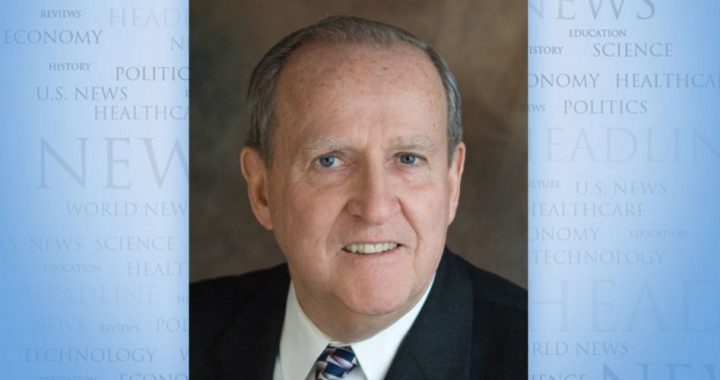
Joseph Biden moved into the White House on January 20th. Within his first two weeks in office, he issued 30 Executive Orders dealing with an array of important matters. The result is more law for the American people to endure, despite the fact that such “law-making” is clearly unconstitutional. The U.S. Constitution is very clear about laws being enacted by Congress and a presidential signature — or a congressional two-thirds override of a presidential veto after Congress has voted its approval.
No president has been given power to create law by issuing an Executive Order. Yet, this completely unconstitutional process has become common, used by many modern-day presidents, whether Democrat or Republican. In a very short time, Biden has distinguished himself as the most prolific and speediest user of assumed unconstitutional power.
Is a president’s use of an executive order always wrong? No, a president should be considered the equivalent of a corporate CEO who certainly has legitimate power to issue orders dealing with his employees. Orders from a president directed at the military can be proper. CEOs of privately owned companies regularly establish rules and practices regarding vacations, holidays, conduct, etc. But those orders don’t have any affect on the employees of some other company where different rules have been established. In short, presidential Executive Orders should be be aimed at the people serving under the president; they should not establish rules possessing the force of law for the entire nation.
Paul Begala served as a close adviser to the president during the Clinton administration. He approvingly commented about Clinton’s use of Executive Orders as follows, “Stroke of the pen; law of the land, kinda cool.” Begala knew that the president he served — and numerous predecessor presidents — had adopted the use of Executive Orders when Congress wouldn’t go along with something desired by “the boss,” or even when the president was in a hurry to demonstrate his wrongfully acquired clout. Begala’s rather flippant assessment of this process tersely summarizes what has been occurring for many years.
An excellent example of the use of mere presidential power to make law occurred on December 2, 1970. As the environmental movement was gaining vast questionable power, President Richard Nixon issued an Executive Order to create the federal Environmental Protection Agency (EPA). The EPA absorbed several smaller environmental agencies and has grown into a gigantic regulatory body whose stream of edicts add significantly to the cost of doing business in the United States, even to the closure of many companies. Environmental extremists regularly rely on the EPA’s mandates to control manufacturing, mining, transportation, etc. — all adding costs that have led to closing numerous companies and/or seeing business flow to countries not facing similar burdens such as China.
If a president has the power to create law all by himself, the American people have to realize that they have allowed whoever holds the post to become the equivalent of a king or a dictator. Biden, acting very much like a monarch, has used his pen to cancel the Keystone Pipeline project, terminate adding more fencing to the wall at our nation’s southern border, remove penalties for “sanctuary cities” that disregard laws broken by illegal immigrants, mandate that undocumented immigrants be counted in the census, require travelers to wear masks in airports and when traveling on planes, buses, etc., restore the Mexico City policy that had forbidden any U.S. financing of abortion in foreign countries, reinsert our nation into the Paris Accord dealing with international environmental rules, and more.
Government by presidential Executive Orders must cease. Most Americans, once they are made aware of this illicit process, agree. They should let their congressman and senators know that rule by a single man is wrong and a return to rule by properly enacted law, when constitutionally sound and needed, is the true American way.



